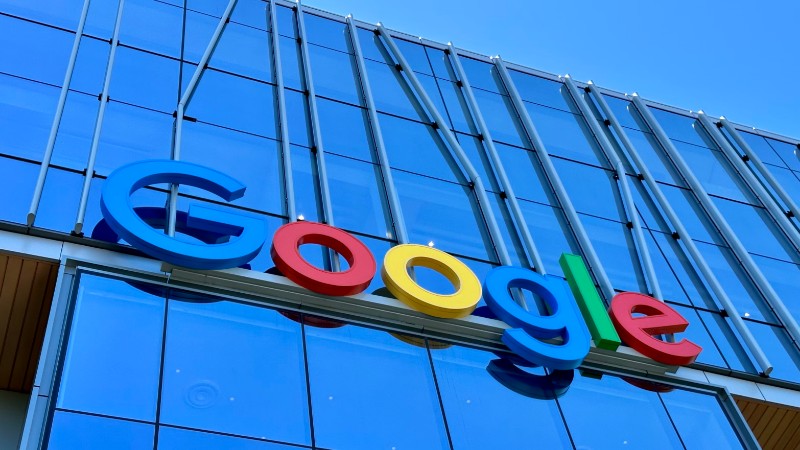Tech Giants under fire: Google and Meta face heat over gambling ads policy violations
Policy UpdatesGoogle and Meta have found themselves in the Enforcement Directorate’s crosshairs following allegations of promoting illegal betting apps through digital ad placements. With Google appearing for the scheduled hearing on July 28 while Meta failed to comply, questions arise about their role in enabling financial fraud through lax ad policy enforcement. Under fire: Ads, influence, and accountability India’s Enforcement Directorate (ED) has intensified its probe into the murky world of online gambling ads, summoning Google and Meta for their alleged complicity. The core issue: both tech platforms reportedly allowed betting PPC campaigns for unregulated gambling apps to thrive. This move, the ED believes, contributed to large-scale money laundering and fraud. Google, in its defense, reiterated its stance against such content, pledging full cooperation with the investigation. Meta, however, remained conspicuously absent from the hearing, despite having previously requested more time to respond. Their silence has only added fuel to the fire. Complicating matters further is the involvement of influencers and celebrities who, often unknowingly, amplified the reach of these betting platforms. Their endorsements helped normalize these apps, inadvertently supporting a digital underworld that exploits policy loopholes in Google Ads online gambling restrictions. Crossroads ahead for digital advertising This case casts a long shadow over digital ad regulations, exposing just how easily policies around gambling promotions can be sidestepped. The implications extend far beyond just Google or Meta—it’s a wake-up call for the entire advertising ecosystem. Lax oversight has allowed shady operators to infiltrate mainstream ad channels. Regulators are now expected to tighten the reins. Failure to adhere to revised policies could lead to steep penalties under the IT and Money Laundering Acts. The ED’s message is clear: tech giants must actively vet ad content or face legal consequences. The stakes are high. As more illegal betting PPC ads continue to surface, public trust in platforms like Google and Meta is eroding. To restore credibility, they’ll need more than statements—they’ll need action.








